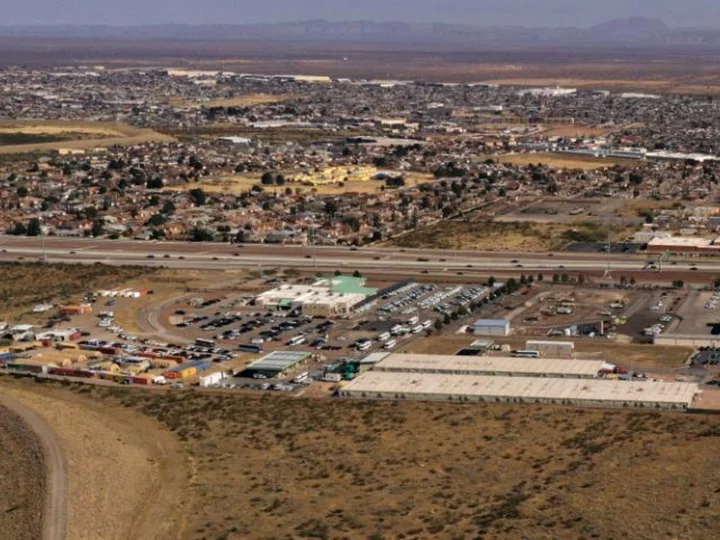A federal judge late Thursday night temporarily blocked one of the Biden's administration's key tools to try to manage the number of migrants in US Customs and Border Protection custody.
The ruling came just before Title 42 expired, and administration officials say it will make their job more difficult amid the expected influx of migrants at the US-Mexico border. An appeal is expected.
Here's what to know:
Policy on releasing migrants
The plan, released Wednesday, allowed the release of migrants from CBP custody without court dates, or, in some cases, releasing them with conditions.
As number of migrants increases at the border, the Department of Homeland Security said its plan would help release the immense strain on already overcrowded border facilities. As of Wednesday, there were more than 28,000 migrants in Border Patrol custody, stretching capacity.
The administration previously released migrants without court dates when facing a surge of migrants after they're screened and vetted by authorities. The plan would have allowed DHS to release migrants on "parole" on a case-by-case basis and require them to check in with Immigration and Customs Enforcement.
Florida sues
Florida sued to halt the policy, and District Judge T. Kent Wetherell, agreed to block the plan for two weeks.
Wetherell, an appointee of former President Donald Trump, said the administration's explanation for why its policy was only unveiled on Wednesday, when the end of Title 42 was anticipated for months, was lacking. He also said the Biden administration simply failed to prepare.
"Putting aside the fact that even President Biden recently acknowledged that the border has been in chaos for 'a number of years,' Defendants' doomsday rhetoric rings hollow because ... this problem is largely one of Defendants' own making through the adoption and implementation of policies that have encouraged the so-called 'irregular migration' that has become fairly regular over the past 2 years."
Wetherell added: "Moreover, the Court fails to see a material difference between what CBP will be doing under the challenged policy and what it claims that it would have to do if the policy was enjoined, because in both instances, aliens are being released into the country on an expedited basis without being placed in removal proceedings and with little to no vetting and no monitoring."
How has the administration reacted?
Homeland Security Secretary Alejandro Mayorkas, speaking on "CNN This Morning," called the ruling "very harmful" and said the administration is considering its options.
"The practice that the court has prevented us from using (is) a practice that prior administrations have used to relieve overcrowding," Mayorkas said. "What we do is we process screen and vet individuals and if we do not hold them, we release them so that they can go into immigration enforcement proceedings, make whatever claim for relief, they might and if they don't succeed, be removed."
Assistant secretary for border and immigration policy Blas Nuñez-Neto said the ruling "will result in unsafe overcrowding at CBP facilities and undercut our ability to efficiently process and remove migrants, which will risk creating dangerous conditions for Border Patrol agents as well as non-citizens in our custody."
What's next?
Wetherell's ruling will block the policy for two weeks.
A preliminary injunction hearing has been scheduled for May 19.

